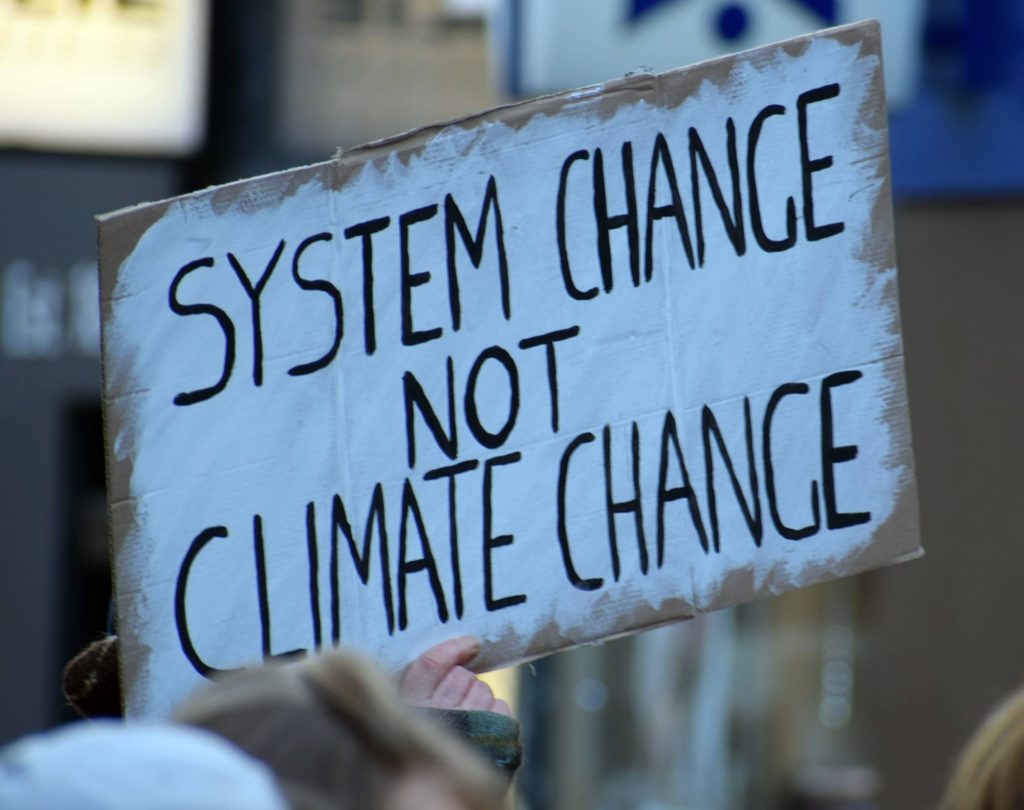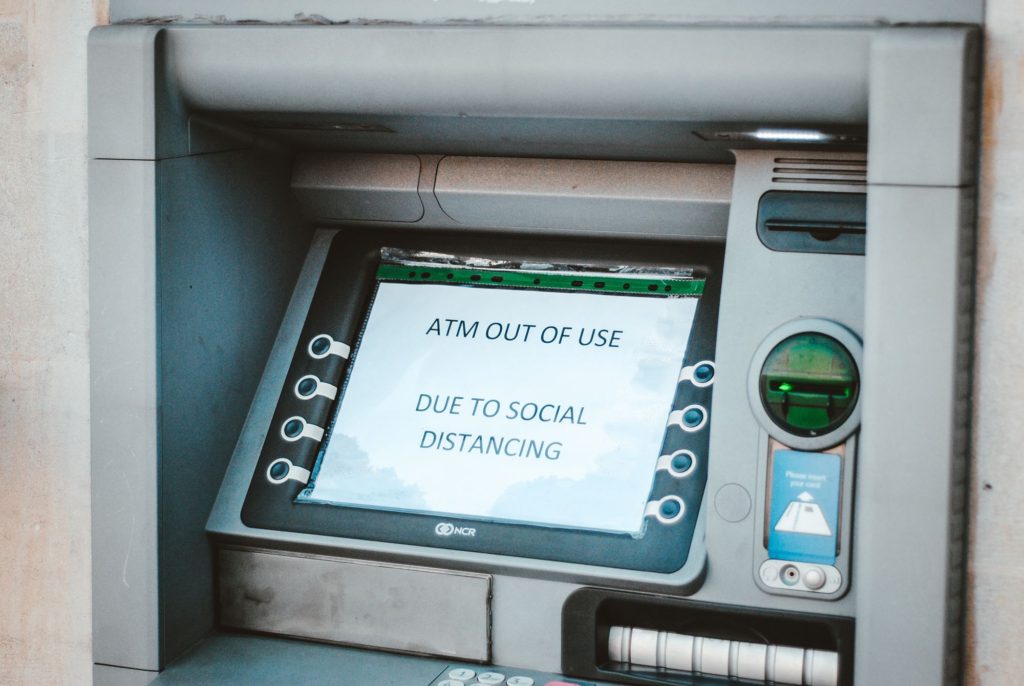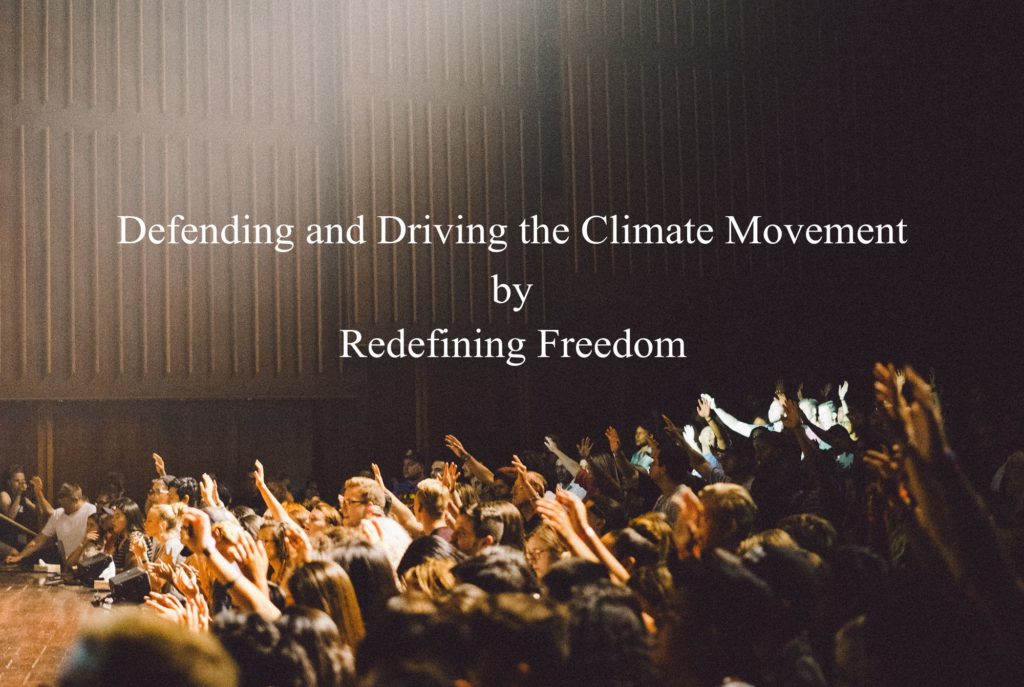Educating for Climate Activism, Autonomy, and System Change
To meet growing calls for system change, climate curriculums need to synthesize several disciplines. The broad literacies described here provide a foundation that can help people grasp the multiple dimensions of the climate crisis. By remaining focused on the goal of cultivating autonomy, educators can prepare learners to become activists who are capable of reshaping the interconnected systems at the root of the problem.
Educating for Climate Activism, Autonomy, and System Change Read More »








